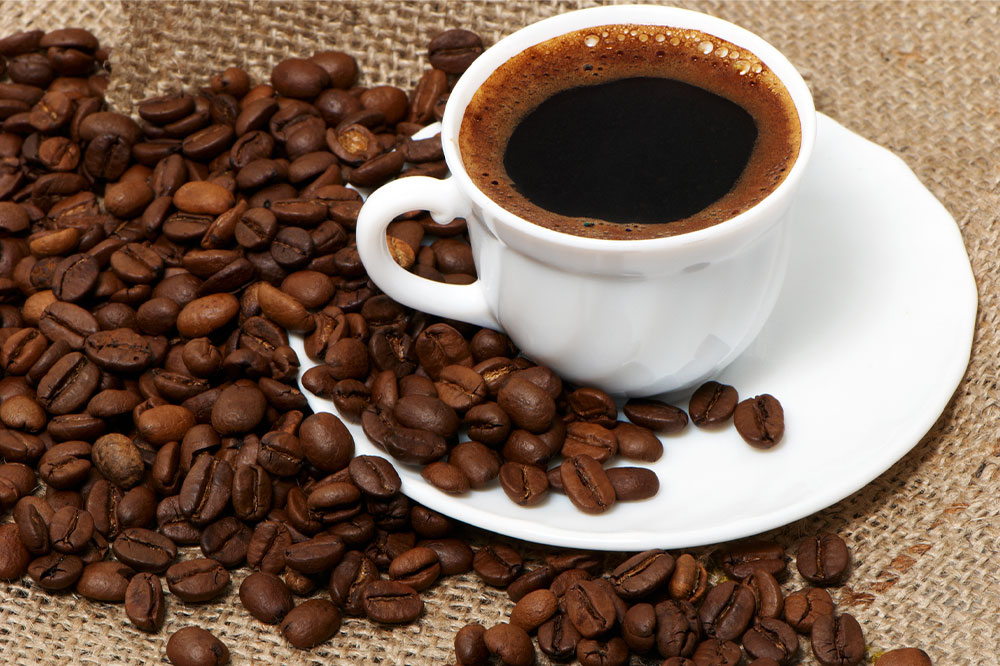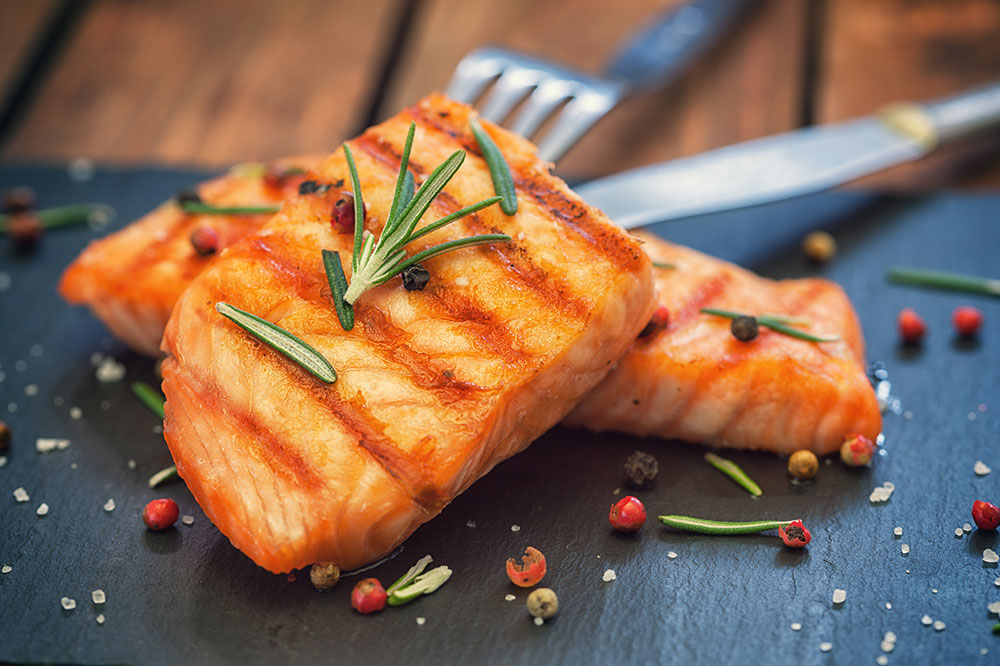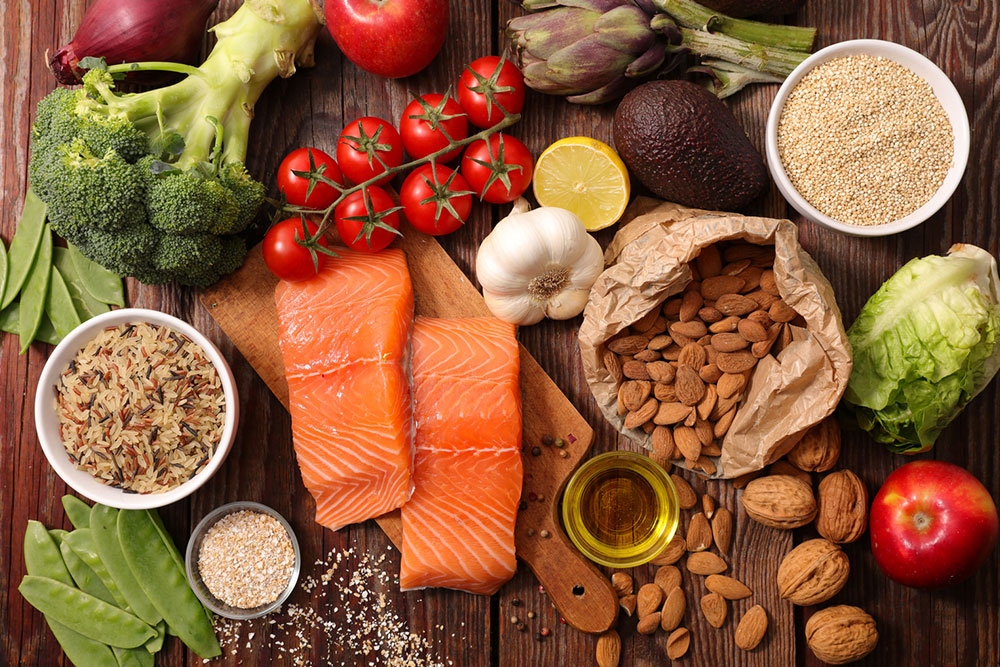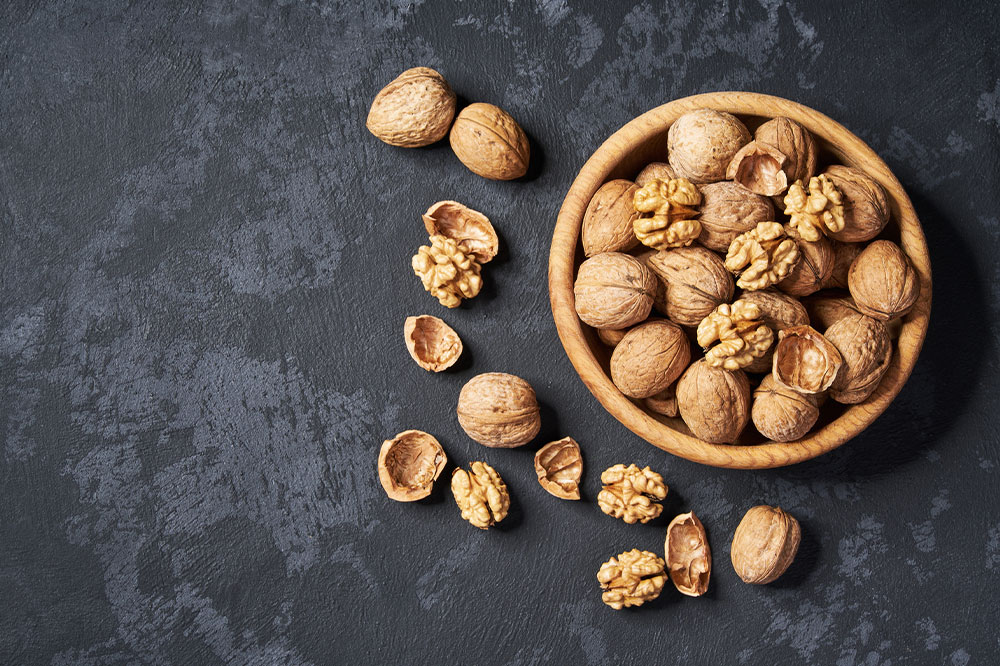Essential Foods to Avoid When Managing Anxiety Symptoms
This article highlights key foods to avoid for effective anxiety management, emphasizing the impact of diet on stress hormones and mental health. It offers practical advice on foods to limit, such as caffeine, sugar, and processed foods, while recommending nutrient-rich alternatives. Proper diet, combined with lifestyle changes, can significantly reduce anxiety symptoms and improve overall well-being.
Sponsored

Critical Dietary Restrictions for Anxiety Management
Over 40 million individuals in our country cope with anxiety disorders, which are challenging to control. Those dealing with persistent stress often rely on therapy, mindfulness, physical activities, and medication. However, many overlook the importance of a balanced diet. Certain foods like chips, sweets, and caffeinated drinks can provide short-term relief but may worsen anxiety over time. Proper nutrition plays a vital role in regulating stress hormones and supporting mental health.
How Food Influences Anxiety and Stress Levels
When stressed or worried, the body produces cortisol, a stress hormone. Elevated cortisol can lead to increased heart rate, rapid breathing, and high blood pressure, intensifying anxiety symptoms.
Foods lacking nutritional value, such as processed meats, sugary snacks, and caffeine, can raise cortisol levels and worsen anxiety. Conversely, nutrient-rich foods with essential minerals and vitamins help keep cortisol balanced, making it easier to manage stress and anxiety. Moreover, high cortisol levels can contribute to metabolic syndromes, heart problems, diabetes, depression, and other health issues.
Foods to Limit or Avoid with Anxiety
Caffeine: Present in coffee, tea, energy drinks, and chocolates, caffeine overstimulates the nervous system, potentially causing heart palpitations, insomnia, and tremors. It also hampers vitamin B absorption, essential for mood regulation.
Sugar: Sweets such as candies, baked goods, and ice cream cause blood sugar spikes followed by crashes, leading to fatigue, irritability, and heightened anxiety.
Fried and Junk Food: Items like fried chicken, pizza, and fries are difficult to digest, low in nutrients, and may trigger gastrointestinal issues and anxiety-like sensations such as waking up gasping for air.
Refined Carbohydrates: White bread, pasta, and rice lack fiber and minerals, and excessive consumption is linked to increased risk of chronic diseases and possibly heightened anxiety symptoms.
Food Additives: Artificial sweeteners like aspartame, MSG, and synthetic dyes in processed foods have been associated with mood disturbances, headaches, fatigue, and anxiety.
Highly Processed Foods: Cured meats, canned soups, and high-salt items raise blood pressure and stress hormone levels, exacerbating anxiety symptoms. Chemical contaminants like BPA may also influence mood and health.
To support mental well-being, individuals with anxiety should avoid these foods and consult healthcare professionals for personalized dietary recommendations. Incorporating calming and nutritious foods can significantly aid in managing anxiety symptoms.
Healthier Food Choices for Anxiety Reduction
Fermented items like kimchi, miso, and kombucha
Spices such as turmeric and black pepper
Herbal teas including chamomile, lavender, and passionflower
Fruits like blueberries, oranges, and avocados
Vegetables like kale and asparagus
Proper nutrition, combined with exercise and meditation, can improve mental health outcomes. Identifying and avoiding food allergies that mimic anxiety symptoms is also crucial for effective management.






